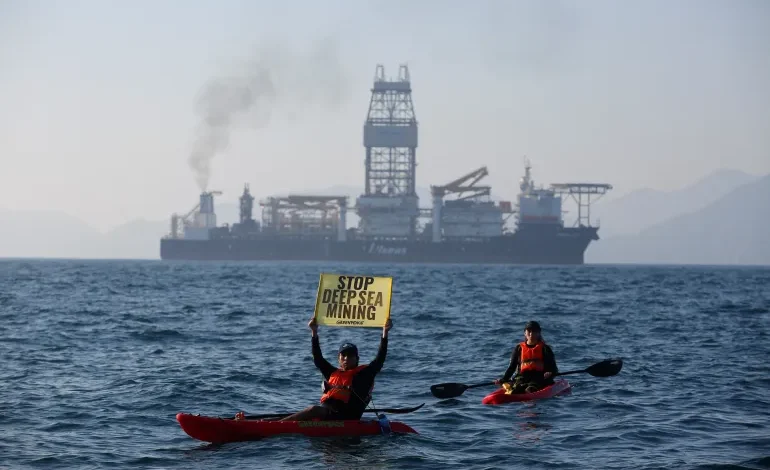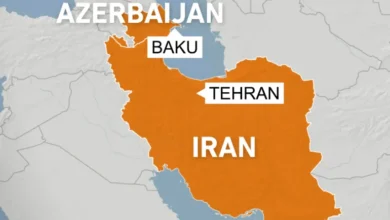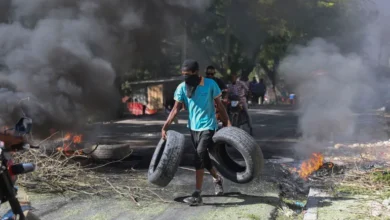Nauru prepares to mine deep seas in big climate controversy

Nauru is a small Pacific island 4,000km (2,485 miles) off the coast of Australia. It is so small, it has no capital city and just one road. But its roughly 12,000 inhabitants are at the heart of a conflict over mining the world’s sea beds for precious minerals.
The clash pits differing views about how to tackle climate change. Nauru’s government sees rare earth metals as a key component in the green energy transition. However, conservationists argue that mining the ocean floor will threaten vital marine ecosystems.Deep-sea mining involves hoovering poly-metallic nodules – resembling potato-sized nuggets – off the ocean floor and piping them up to vessels on the water’s surface. These nodules contain copper, lithium and other treasured elements.
Advocates for the controversial practice contend that terrestrial mining will soon fall short of the demand for rare earth metals, particularly cobalt and nickel, which are needed to power “green” storage batteries and ensure a shift away from fossil fuels.According to the International Energy Agency, the surge of battery technology in electric cars, solar panels and wind turbines, resulting from a push to meet the Paris Climate Agreement, will see global mineral demand increase four-fold by 2040.
“The green energy transition will require an enormous amount of storage capacity,” said Jeroen Hagelstein of Allseas, a Swiss subsea contractor. “Metals on the seabed can help meet those needs.”
“Sea mining also leaves a smaller carbon footprint than on land, with fewer impacts on humans,” he said, adding that companies intend to maintain the highest environmental standards and operate within guidelines laid out by regulatory bodies
Environmentalists, however, warn that deep-sea mining poses an existential threat to fragile marine ecosystems. Ancient lifeforms like polychaete worms, dumbo octopuses and twilight zone corals are at risk from dredging.
Deep-water industrial noise would also distort communication between whales, prompting distress and interrupting feeding patterns. Elsewhere, plumes of sediment laced with toxic metals could spiral upwards from seafloor vehicles, contaminating marine food chains.Since 2001, the ISA has approved 31 exploration licences. Mining permits, however, have not yet been authorised. That could change this month as Nauru triggered an obscure legal provision two years ago that may allow it to start mining soon.
Under that legal sub-clause in the UN’s Law of the Sea, if a country applies to start deep-sea mining, the ISA has two years to finalise a rulebook for commercial deep-sea mining activities.
If there is no rulebook, mining can start. The loophole expires on July 9. In theory, mining applications can start after that.










